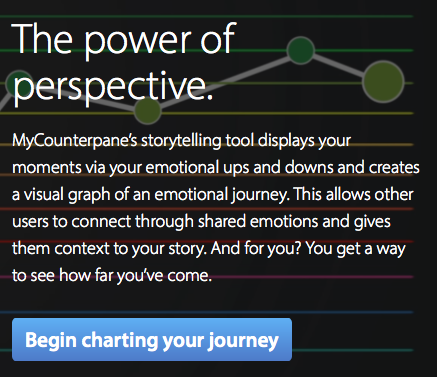Journaling. Whether you were a teenager expressing your deepest feelings to a fuzzy notebook (and hiding it under your bed), or an adult who has now upgraded to a sleek WordPress blog, we’ve all done it as some point in our lives. And we knew that writing it down was somehow helpful. We’re glad to report that, not only where you correct about how helpful it was, but there are also a magnitude of reasons backed by our best friend, Science. Read on to learn about the ways your body, mind and soul benefit from journaling and why you should start writing about your emotions today.
1. Journaling boosts your immune system.
Writing strengthens the immune cells called T-lymphocytes. This T cell is a highly specialized defender cell, which is responsible for fighting foreign germs. Basically, keep calm and journal on because your T cells will love you for it.
2. Journaling reduces stress.
Life can get overwhelming, especially when you have a chronic disease like multiple sclerosis. But it doesn’t have to be that way. According to HealthyWomen.Org, a stress-reducing journal entry should have two things – the facts about what happened and your feelings about what happened. For maximum results, make sure you don’t hold back your true feelings. If you’re shy, simply keep your entry private.
3. Journaling improves your mental health.
Writing down your feelings will help you prioritize your fears, concerns and will allow you to track your day-to-day emotions and symptoms. MyCounterpane even creates a kickass graph for you to track your emotions over time. By being aware of your feelings, you can better improve your circumstance.
4. Journaling improves your problem solving skills.
An exciting process occurs when you’re writing – because writing occupies the rational and analytics left side of your brain, the right side is free to be creative and explore your feelings about the words you are using. This is where the problem solving comes in. By opening up the creative and intuitive part of you, you may come to a new and improved conclusion after writing. We like to call that your Oprah AHA! Moment.
5 Journaling helps you heal.
Sharing your honest feelings with yourself and others will help free you from the trauma you’ve experienced. Whether you write a post that is public or one that is for your eyes only, the act of journaling will slow down your thoughts and allow you to process your circumstance. Will it heal you overnight? No but nothing ever does. Keep at it and we’re certain you will find it working for you if you allow it to.
6. Journaling helps heal others.
Have you ever related to another words and experiences? We’re sure you have. Well, your story can do that to someone else. Yeah, really! You may not be aware of how much you have to offer but there is at least one person out there that would benefit from your experiences and lessons. In addition, healing others will heal you, too.
7. Journaling inspires personal growth.
Writing may offer you immediate clarity about your life, past and present. This is especially true if you take a moment to read what you’ve written. Taking a step back will inspire you to identify your beliefs, actions and hidden talents.
8. Journaling enhances your creativity.
As mentioned earlier, writing opens up your right brain functions of creativity. The more you write, the more creative you will get. If you continue the process, you may even surprise yourself with the next great American novel. Or at the very least, a 50 Shades Of Gray spin-off.
9. Journaling helps clear your mind and allows you to prioritize.
Keeping all of your thoughts in your head is overwhelming. Your best bet? Write it all down. Once you clear your mind and fill up your notebook or screen, you will then have an easier time prioritizing.
10. Journaling improves your connection with yourself.
Living with a chronic disease can be frustrating, sad, depressing, annoying….the list goes on. You may even blame yourself even though it’s not your fault. Writing down your feelings will help you understand yourself better, especially when you start writing and just can’t stop. You may even learn things about yourself that you never knew. How cool is that?! Very, if you ask us. Ready to impress your T-cells? Sign in to MyCounterpane and begin charting your journey today. —————————————————————————————————————————————————————————– 

